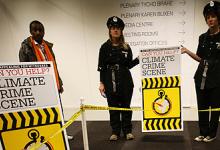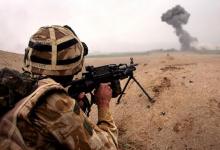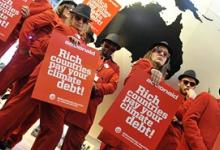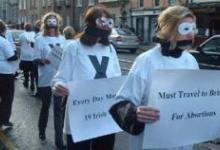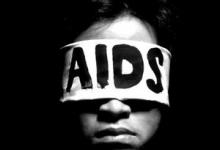Protests, walk-outs and stifled progress – Copenhagen so far
Talks at the Copenhagen climate conference were suspended for a period today after a coalition of developing countries withdrew their co-operation. The crucial talks, which had just resumed after a weekend break, were disrupted when the African countries, supported by the G77 and BASIC bloc, staged a walk out, angered that the conference was weakening in support for the Kyoto Protocol. Although, negotiations have since resumed, today’s debacle is just another episode in a conference plagued by drama, bravado and very little real progress.

